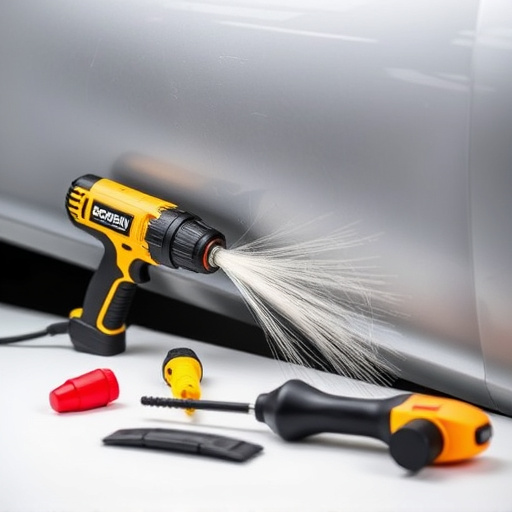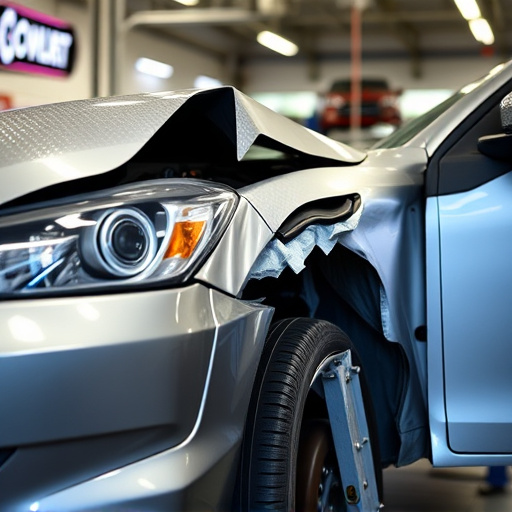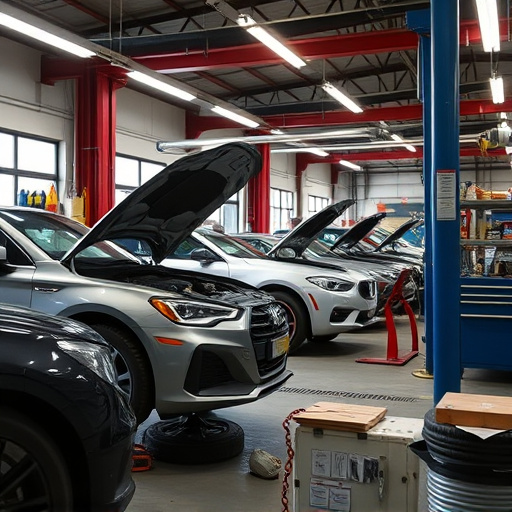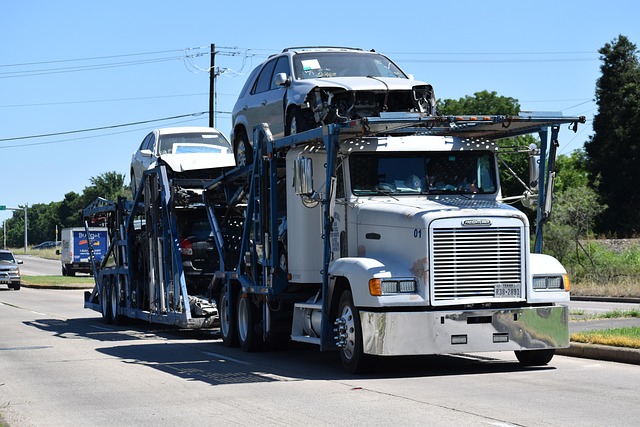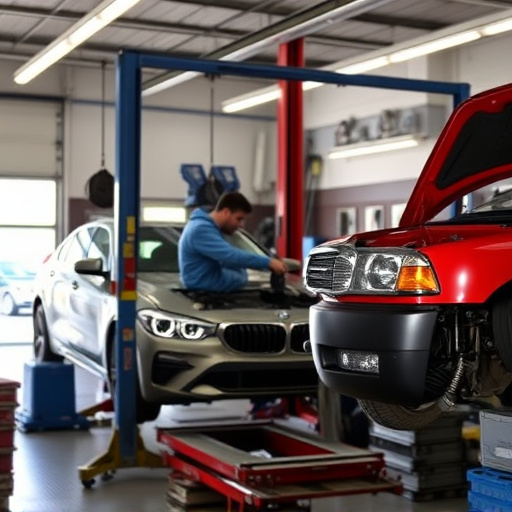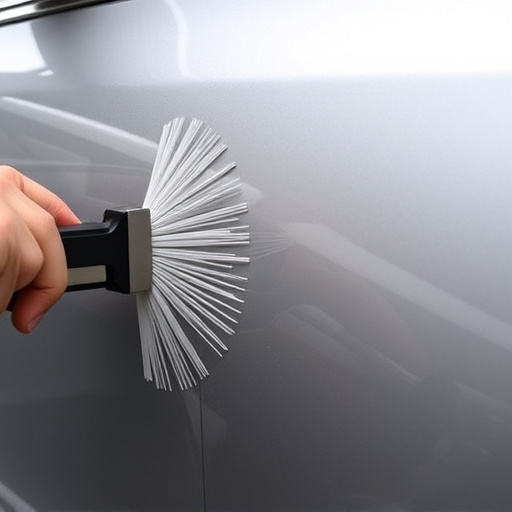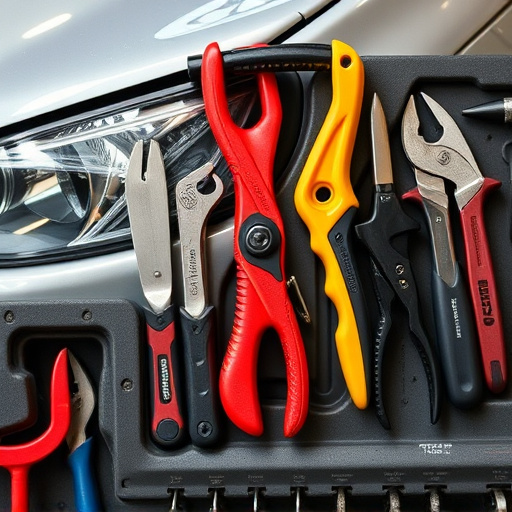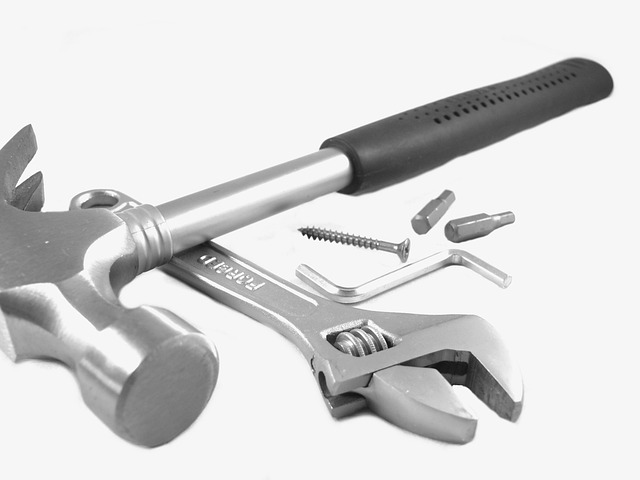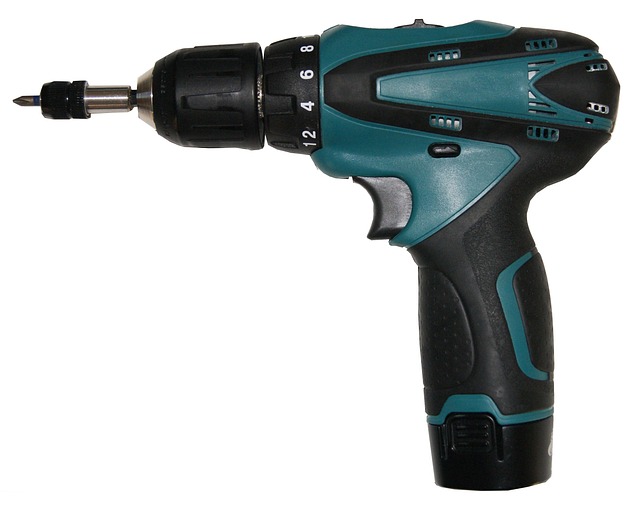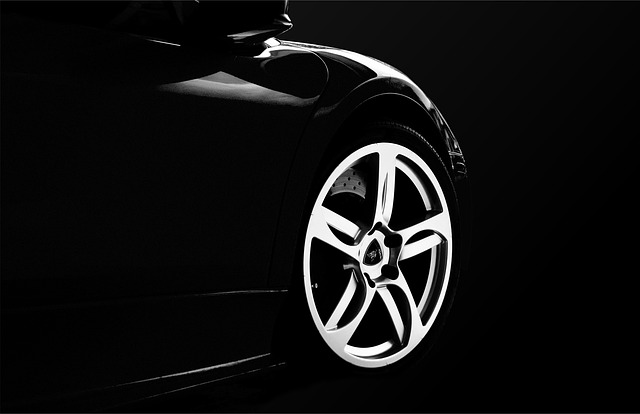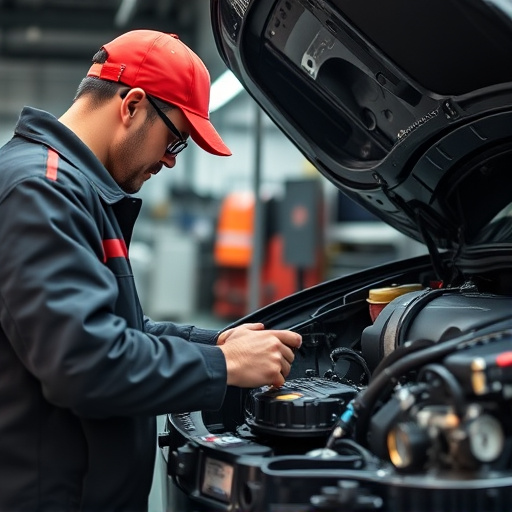Mercedes Active Brake Calibration (MBC) is a vital safety system requiring proper calibration after sensor replacements or comprehensive repairs like auto glass work. Skilled technicians meticulously replace sensors, install new calibrated ones, and conduct crucial MBC tests to ensure safe, efficient braking. Regular maintenance and timely calibration enhance vehicle safety, prevent costly repairs, and offer reliable control for personal or commercial use.
Mercedes Active Brake Calibration is a critical system for ensuring safe braking performance. When replacing sensors, proper calibration becomes essential. This process fine-tunes the vehicle’s braking response, crucial for optimal stopping power. Understanding this calibration and its impact on overall braking systems is vital for Mercedes owners. The article delves into these aspects, guiding you through sensor replacement and post-calibration checks to ensure safe and effective braking.
- Understanding Mercedes Active Brake Calibration
- Sensor Replacement Process and Its Impact
- Ensuring Safe Braking After Calibration
Understanding Mercedes Active Brake Calibration
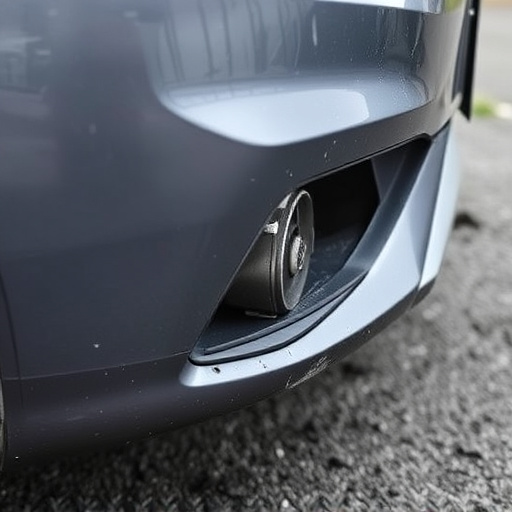
Mercedes Active Brake Calibration is a crucial system that enhances vehicle safety by enabling the car to automatically apply brakes in critical situations when the driver fails to react promptly. This sophisticated technology relies on precise sensor data to detect obstacles and calculate braking distances, making it essential for optimal performance. When sensors are replaced, as in the case of damage or wear, proper calibration becomes vital to ensure the system functions correctly.
Understanding Mercedes Active Brake Calibration involves recognizing that it’s not merely a one-time setup but requires regular adjustment after certain services, including sensor replacements and even auto glass replacement if it affects the system’s sensors. A car body shop offering specialized repair services ensures that this calibration is done accurately, preserving the vehicle’s safety features and driving dynamics. Body shop services tailored for these calibrations are increasingly important as modern cars become more technologically advanced.
Sensor Replacement Process and Its Impact
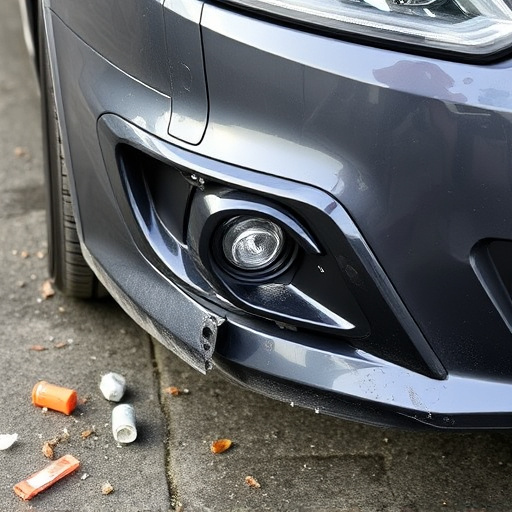
The process of replacing a sensor in a Mercedes vehicle is a delicate procedure that requires precision and expertise. During a typical sensor replacement, technicians carefully remove the damaged or faulty component, ensuring proper disposal according to environmental regulations. This often involves accessing hard-to-reach areas under the vehicle, requiring specialized tools and knowledge. Once the old sensor is replaced with a new one, calibrated for optimal performance, it’s crucial to perform a thorough Mercedes active brake calibration test.
The impact of this replacement extends beyond simply fixing a malfunction; it ensures the safety and efficiency of the vehicle’s braking system. Outdated or malfunctioning sensors can lead to subpar brake performance, which is particularly concerning in fleet repair services or car paint repair scenarios where quick reaction times are vital. Therefore, after sensor replacement, the active brake calibration step is non-negotiable, ensuring that the brakes function seamlessly and consistently, providing drivers with peace of mind and improved control, whether for personal fender repairs or commercial transportation needs.
Ensuring Safe Braking After Calibration
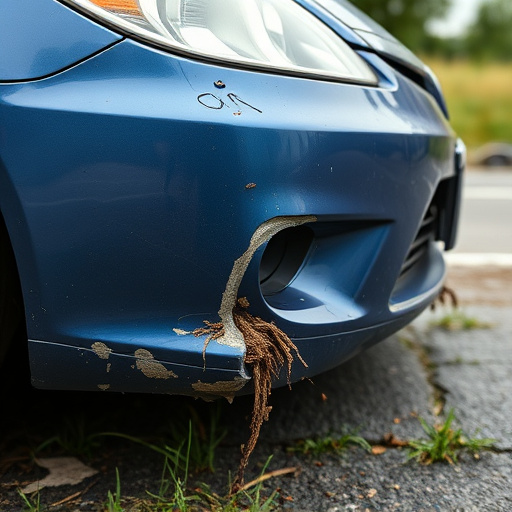
After completing the Mercedes active brake calibration process following a sensor replacement, it’s paramount to verify that all safety systems are functioning optimally. This involves rigorous testing to ensure the brakes respond accurately and promptly to driver input, thereby maintaining the vehicle’s ability to stop safely under various conditions.
Proper calibration ensures that the car’s anti-lock braking system (ABS), electronic stability control (ESC), and other advanced driving aids work in harmony. It minimizes the risk of skidding or loss of control during emergency stops, which can be crucial in preventing serious car collision repair, auto glass repair, and other costly bodywork services. Regular maintenance and timely calibration are essential components of proactive vehicle care that contribute to a smoother, safer driving experience.
After replacing a sensor in a Mercedes, it’s crucial to understand that a subsequent Mercedes active brake calibration is essential for ensuring safe and optimal braking performance. This process adjusts the vehicle’s braking system to account for any changes caused by the sensor replacement, maintaining the vehicle’s ability to react swiftly and precisely to driver input. Always consult a qualified technician for accurate Mercedes active brake calibration to prevent any potential safety risks and ensure your peace of mind on the road.


